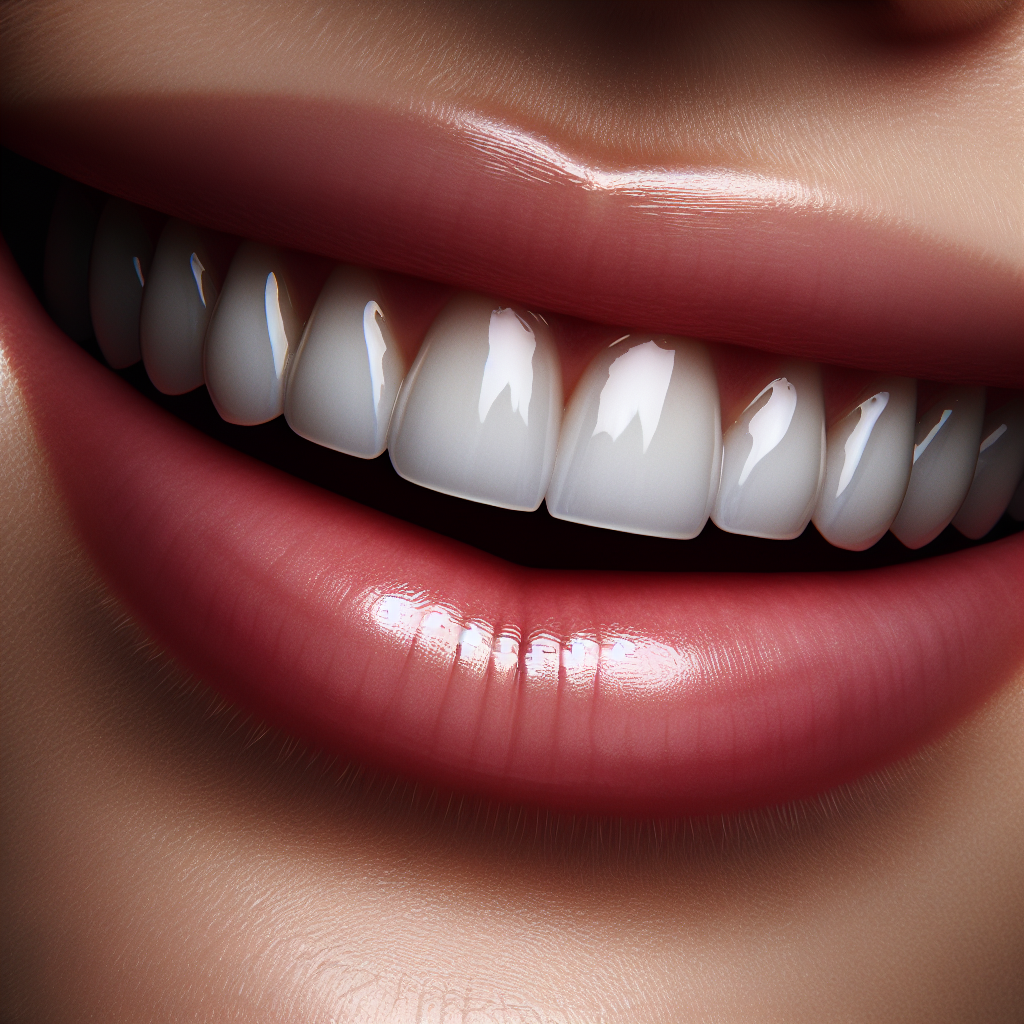One common problem that individuals may face after having their wisdom teeth removed is the risk of infection in the extraction sites. These holes in the gums can easily become breeding grounds for bacteria, leading to discomfort, swelling, and potential complications if left untreated. Infections in wisdom teeth holes can be painful and may require additional intervention from a dental professional to resolve.
Maintaining proper oral hygiene is key to preventing infection in wisdom teeth extraction sites. This includes gently rinsing your mouth with warm salt water multiple times a day to help keep the area clean and free of bacteria. Additionally, avoiding disruptive behaviors like smoking or using straws that can disturb the blood clot forming in the hole can aid in promoting healing and reducing the risk of infection.
According to the American Association of Oral and Maxillofacial Surgeons, approximately 85% of wisdom teeth will eventually need to be removed. This common procedure is often necessary to prevent overcrowding, misalignment, or impaction in the mouth. However, it is important for individuals to be aware of the potential risks, such as infection, that can arise during the healing process. By following proper care instructions and being proactive in preventing infection, individuals can ensure a smoother recovery after wisdom teeth removal.
Are you wondering how to prevent infection in your wisdom teeth holes?
Wisdom teeth extraction can leave holes in your gums that are prone to infection if not properly cared for. To keep wisdom teeth holes from getting infected, it is important to follow post-operative care instructions provided by your dentist or oral surgeon. This may include rinsing your mouth with salt water, avoiding certain foods that could irritate the healing gums, and taking prescribed antibiotics if necessary. By taking proactive steps to promote healing and prevent infection, you can ensure a smooth recovery after wisdom teeth extraction.
Proper Oral Hygiene
One of the most crucial ways to prevent infection in wisdom teeth holes is to practice proper oral hygiene. This involves brushing your teeth at least twice a day and flossing regularly. When you have wisdom teeth holes, it’s important to be gentle around the area and avoid putting too much pressure on it.
Saltwater Rinse
Another effective way to keep wisdom teeth holes from getting infected is to rinse your mouth with saltwater. Mix a teaspoon of salt in a glass of warm water and swish it around your mouth for about 30 seconds. Saltwater helps to reduce bacteria and inflammation in the hole, promoting healing.
Avoid Smoking
Smoking can increase the risk of infection in wisdom teeth holes. The chemicals in cigarettes can impair the healing process and make it easier for bacteria to thrive in the hole. If you smoke, it’s essential to refrain from doing so until the hole has completely healed.
Stay Hydrated
Drinking plenty of water is essential for overall health and can also help prevent infection in wisdom teeth holes. Water helps to flush out bacteria and food particles from the mouth, reducing the risk of infection. Aim to drink at least 8 glasses of water a day.
Monitor for Signs of Infection
It’s crucial to keep an eye on the wisdom teeth holes for any signs of infection. If you notice any redness, swelling, pain, or discharge coming from the hole, it’s essential to contact your dentist immediately. Untreated infections can lead to more severe complications.
According to the American Association of Oral and Maxillofacial Surgeons, about 85% of adults have had their wisdom teeth extracted by the age of 25.
2. Avoid touching the area with your fingers.
3. Follow your dentist’s post-operative care instructions carefully.
Conclusion
Maintaining proper oral hygiene, such as gently rinsing with warm salt water, using a syringe to flush out food particles, and avoiding using straws or tobacco products, can help prevent infection in wisdom teeth extraction holes. It is essential to follow post-operative care instructions provided by your dentist and schedule a follow-up appointment if any signs of infection, such as persistent pain, swelling, or discharge, develop. Additionally, consuming soft foods, staying hydrated, and avoiding vigorous physical activity can promote healing and reduce the risk of infection in the extraction site. Remember to contact your dentist if you have any concerns or questions about caring for your wisdom teeth extraction holes to ensure optimal healing and prevent complications. By taking these preventive measures and being proactive in caring for your oral health, you can minimize the likelihood of developing an infection in the holes left after wisdom teeth removal.

